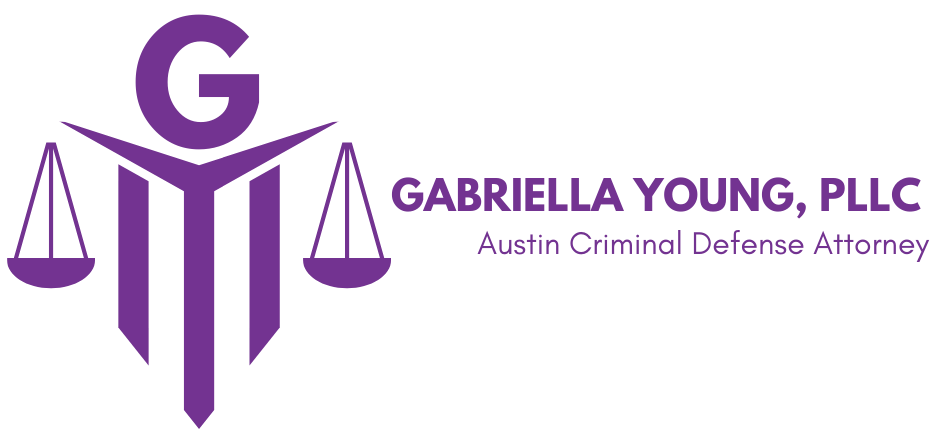DWI in Texas Under 21
In the state of Texas, drivers who are under the age of 21 are legally not old enough to purchase alcohol. Furthermore, state law mandates that it is illegal for underage drivers to have any detectable amount of alcohol in their system. Violation of this law can result in fines, community service, license suspension, and more.
It’s important to note that DWI laws in Texas typically depend on the overall age of the driver. For instance, a minor is defined as anyone who is under the age of 21, and under the state’s zero-tolerance laws for underage drivers, any minor who is found to be driving with any detectable amount of alcohol in their system is guilty of DUIA, or driving under the influence of alcohol, by a minor.
Even if a driver is not drunk, drinking only half a beer can still be enough to result in their blood alcohol content being declared to be over the legal limit.
In the event that the police believe that alcohol may be present in a minor’s system, the minor can be arrested and their vehicle can be towed. Furthermore, if a blood or breath test detects alcohol, a minor’s driver’s license can be suspended for 60 days if the offense is their first one. If the offense is their second one, the suspension can last for 120 days, while a third suspension can last for 180 days.
If a minor were to refuse to submit a blood, breath, or urine test, then their license can automatically be suspended for 180 days. This can be the case even if the minor is completely sober.
If a minor is under the age of 17, a first-offense DUIA by a Minor is classified as a Class C misdemeanor, which can result in a fine of up to $500, a sentence of community service for 20 to 40 hours, and a driver’s license suspension for between 60 and 180 days. If it is their second offense, this can result in a fine of up to $500, a sentence of community service for up to 60 hours, a driver’s license suspension for between 180 days and two years, and attending an alcohol awareness class.
If a minor is between the ages of 17 and 20, a first-offense DUIA by a Minor is classified as a Class B misdemeanor, which can result in a fine of up to $2,000, a jail sentence of between 72 hours and 180 days, a driver’s license suspension of one year, and a possible ignition interlock device installation in their vehicle. If it is their second offense, this is classified as a Class A misdemeanor, which can result in a fine of up to $4,000, a jail sentence of between 30 days and one year, and a driver’s license suspension of between 180 days and 18 months. If it is their third offense, this is classified as a felony DWI, which can result in a prison sentence of 2 to 10 years, a fine of up to $10,000, and a driver’s license suspension of between 180 days and 2 years.
Even if a minor is not actually driving, it is still a criminal offense for them to possess alcohol in Texas, as it is classified as a Class C misdemeanor. If it is their first offense, this can result in a fine of up to $500, a community service sentence of between 8 and 12 hours, a driver’s license suspension of 30 days, and attending an alcohol awareness class.
Furthermore, adults who are found to have provided alcohol to minors will end up facing more serious charges, such as a fine of up to $4,000 and a jail sentence for up to one year.
Contact Gabriella Young for any legal troubles and schedule a free consultation today!

